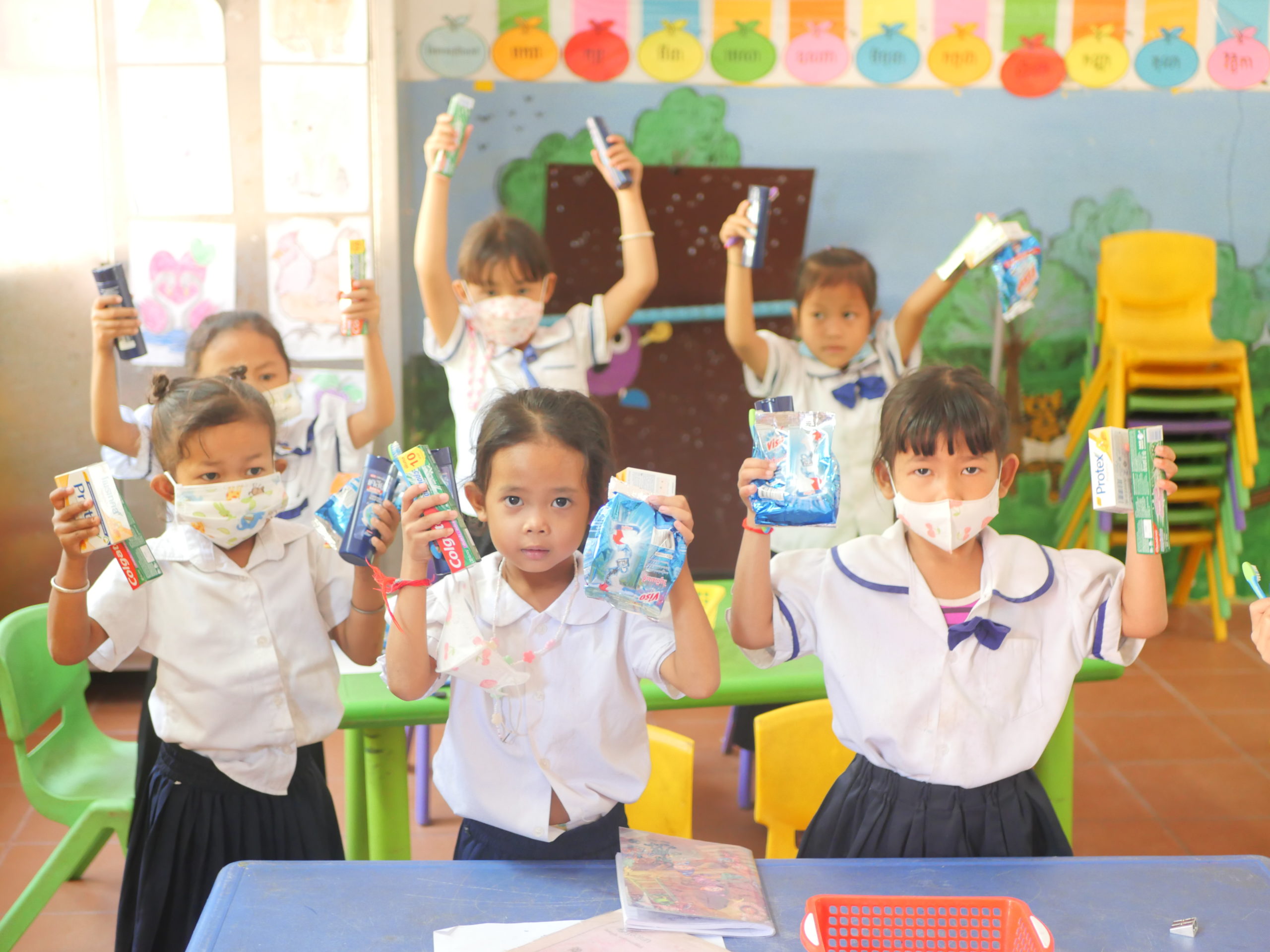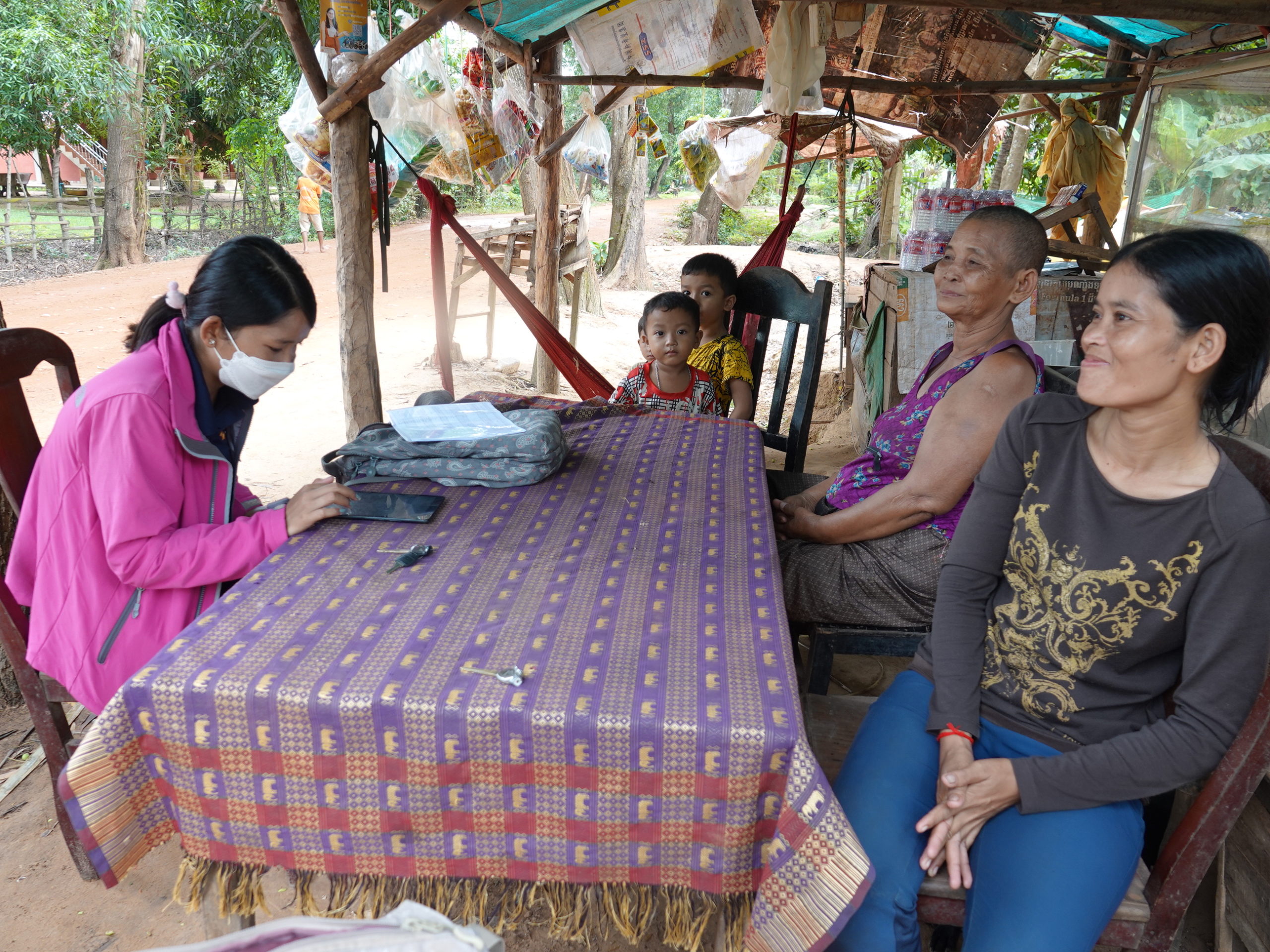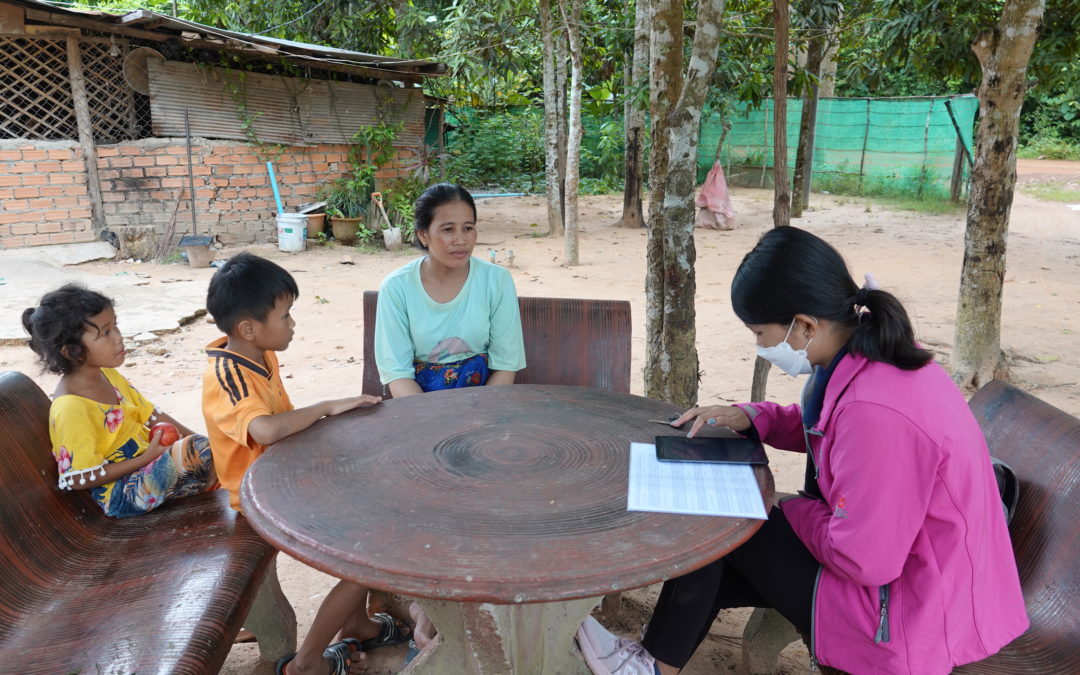Ronouch is the new coordinator of the social and health program at the Primary school. She tells us about her daily life and the actions she carries out throughout the year, including the annual family visit.
What are the main actions you implement in the Primary school?

At the Primary school, I am involved in many different things. I take part in the class councils that take place every term to review the needs of each student and the results of the evaluations. I also take care of the health and hygiene follow-up of each student (management of the annual budget for the purchase of hygiene kits, management of the distribution of the kits, working with the partner clinics and hospitals, facilitating and organizing the stay of the children who are treated outside of Siem Reap province).
I support and stimulate the good attendance of the students by making a regular control of the absences and I encourage them in their learning by trying to find a more professional solution if the student does not want to come to school anymore.
My role is also to supervise and coordinate the recruitment of students for the Bayon Primary school (collecting applications, selecting students), to ensure the annual visit of families (creating a schedule of visits to families’ homes, filling in the database, reporting back to the Primary school team), to engage families in the process of their child’s schooling through meetings, workshops, and food or medication support when needed.
Can you explain the annual family visit that takes place each year?
We conduct the family visit once a year. During the academic year 2021-2022, we have 253 students and 184 families with an average of 2 children in our program. The purpose of this visit is to learn more about the family situation of our beneficiaries and its evolution in order to determine their social level for the new school year. At the end of all the visits, a meeting with the whole team is organized to present the social situation of each family and thus establish a social level.
What questions are asked to determine this social level?
We have 6 kinds of questions to ask each family in order to analyze their social level.
First, we ask them questions about the family, how many members are there in the family now, have there been any births or deaths? Do they have a job now and if so, what is it? Are the family members in good health?
Then come the questions about the housing and their different belongings, to know with what kind of materials are their houses built? How is their sanitary installation? How do they have access to water? Do they have access to electricity? Do they have their own field or land next to their home and what is the price? How big is their house and land? How many motorcycles do they have? Do they have animals? Do they have a car, tractor or other vehicle?
Finally, there are questions about income and expenses. We seek to establish an average of their material and financial assets that allow us, at the end of the visit, to match these answers to our criteria and thus evaluate their current standard of living.
How does each visit work?

First of all, we have to establish a schedule of annual visits with the date and time. We always try to combine the visits of families who live in the same village. Three to four visits are scheduled per half day and we visit each family’s home. After we finish visiting the families, we present the results during an evaluation meeting to discuss the social level of each family and to inform each team member of the situation of each family.
What is the most challenging part of these visits?
As the families are all scattered in villages around the temples of Angkor, it is sometimes difficult to remember where our 184 beneficiaries live knowing that they have no postal addresses. The area of the temples is a huge forest whose ground is not always easy to master. It takes time to get to know them better and always warn them of our visit beforehand.
What are some ways families can contact you to report a complicated situation?
When I took over as the Health and Social Program Coordinator at the Primary school, I introduced myself to each family and gave them a number to contact me at any time. If I am not reachable, the family can always contact the Primary school team and they will pass the information on to me.

